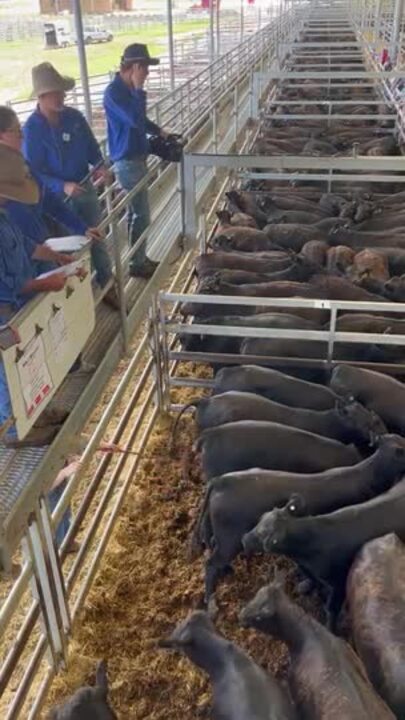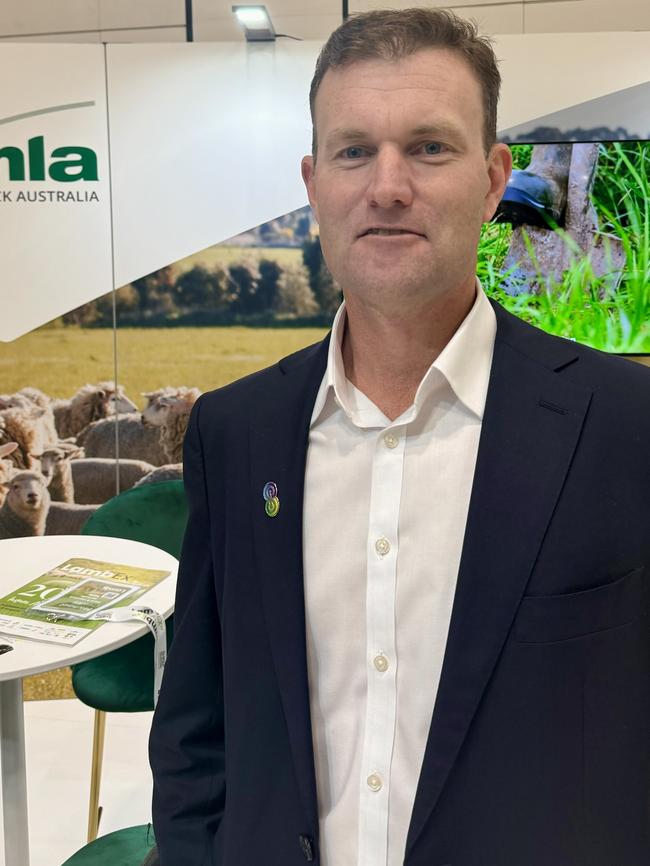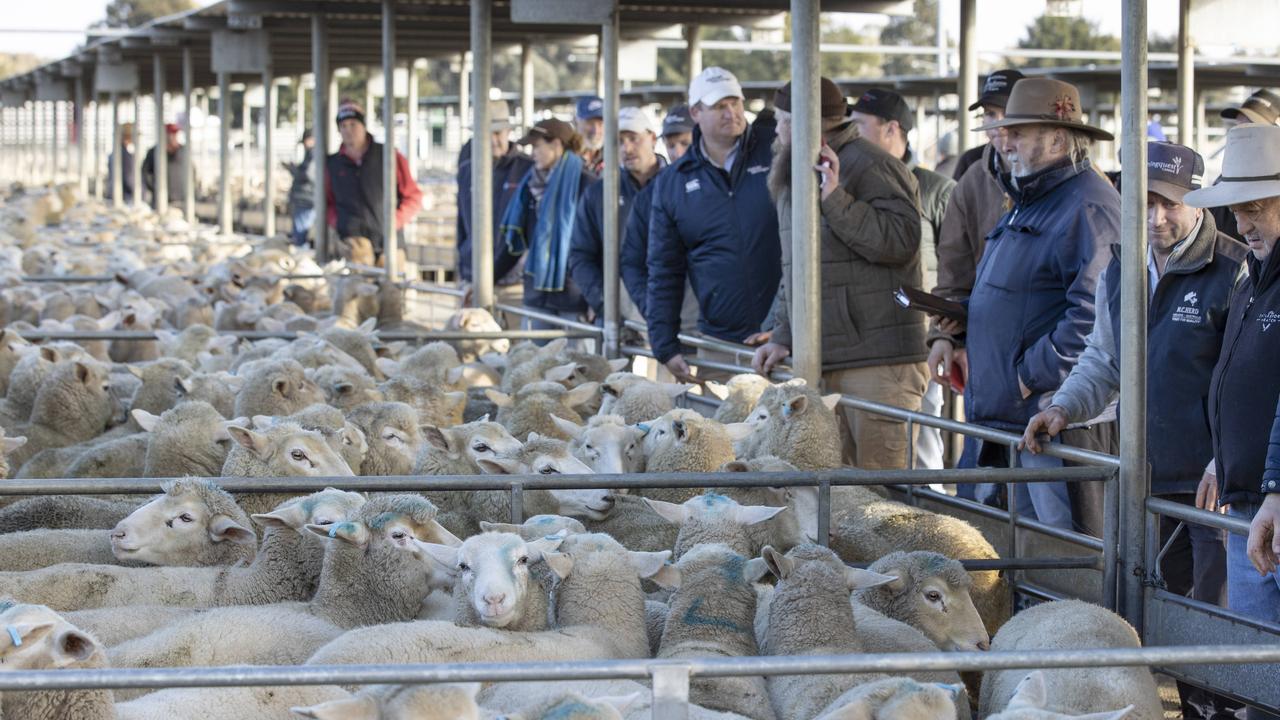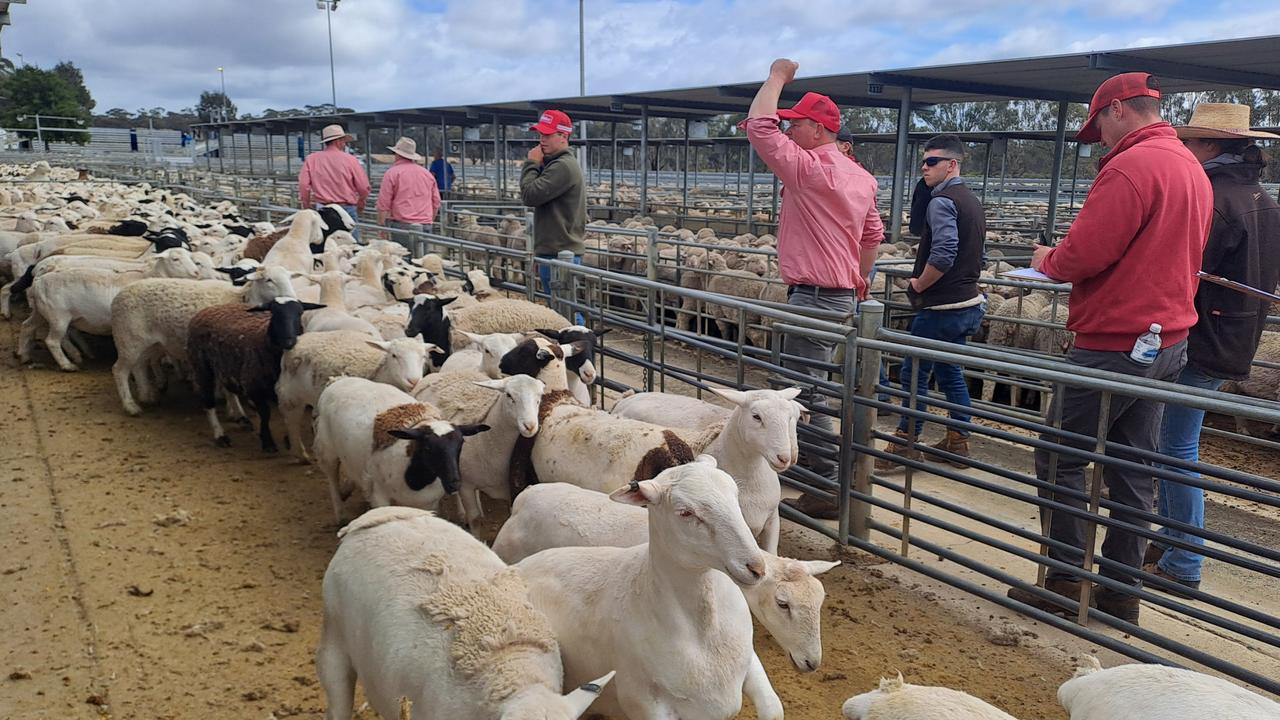Bovaer hit by unfounded social media claims
Beef and dairy industries are spending billions on cutting methane emissions. Now those efforts are being slammed in unfounded food safety claims. Read why.

A key tool that the livestock and meat industries hope to use to slash the sectors’ methane emissions has come under fire on social media.
Unfounded claims about food safety of beef and milk produced from cattle that have consumed methane-reducing supplements are being aired on platforms such as X, including by controversial former federal MP, Craig Kelly.
Mr Kelly posted on X this week, labelling Bovaer a “toxic” drug.
Bovaer, owned by Dutch company DSM, is used in 55 countries worldwide in meat and dairy producing herds. DSM says the product has “proven safe for animal, farmer and consumer”.
Australia’s research and development corporation Meat and Livestock Australia has invested millions of dollars from producer levies and other funds in local research into Bovaer.
MLA managing director Michael Crowley said “food safety and care for the environment are MLA’s top concerns” and that customers could rest assured beef was safe to consume, as Bovaer “does not pass into meat products”.
“MLA undertakes scientific research and development studies to ensure Australian consumers have access to high quality, safe red meat that is good for them and produced sustainably,” he said.
Mr Crowley said MLA spent $1 million studying the supplement over three projects, in partnership with industry and universities and was now undertaking two further research projects worth $8.1 million.

The use of the supplement is also coming under fire in the UK.
Arla Foods – owner of the UK’s biggest dairy co-op – planned to trial Bovaer on 30 UK farms. But an online storm started last week saw social media users posting a range of concerns over the supplement.
In a statement, a spokesman for Arla Foods said: “Last week we announced that we would be running a trial of a cow feed supplement called Bovaer, a product that has been researched for over 15 years and is already used in many countries around the world.
“Bovaer has the potential to reduce methane emissions from cows and is part of our efforts to reduce the carbon footprint of our products.
“Unfortunately, since we made this announcement, a significant amount of misinformation has been circulating online.
“Our commitment to reducing our climate impact is unwavering but we would never do so in a way that jeopardises the health of our consumers or the welfare of our animals.”
Arla Foods also stated “Bovaer does not filter through to humans when they consume dairy products”, and that “regulatory bodies, such as the European Food Safety Authority and the UK Food Standards Agency have approved its use based on evidence that it does not harm the animals or negatively impact their health, productivity, or the quality of milk”. Arla added that Bovaer had undergone extensive testing to ensure it is safe for cows and humans.
Meanwhile in Australia, Mr Kelly, who has 156,000 followers on the social media platform X, has a colourful political history.
He was elected as the Liberal MP for the NSW seat of Hughes in 2010, before defecting to the crossbench in 2021 ahead of joining Clive Palmer’s United Australia Party. After running unsuccessfully as an independent in last year’s NSW election, he joined Pauline Hanson’s One Nation as campaign director.
This week he announced plans to join the Libertarian Party, in an apparent plan to contest a Senate seat in next year’s federal election.





